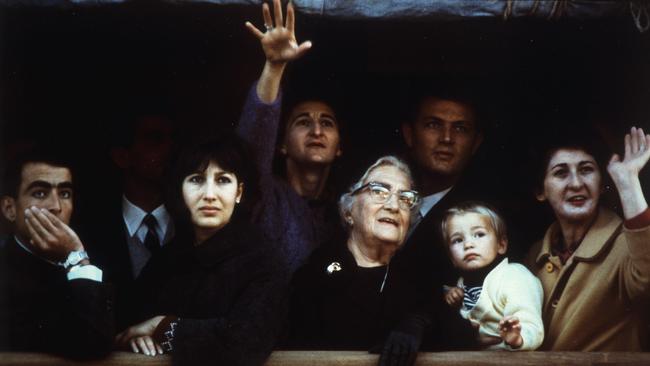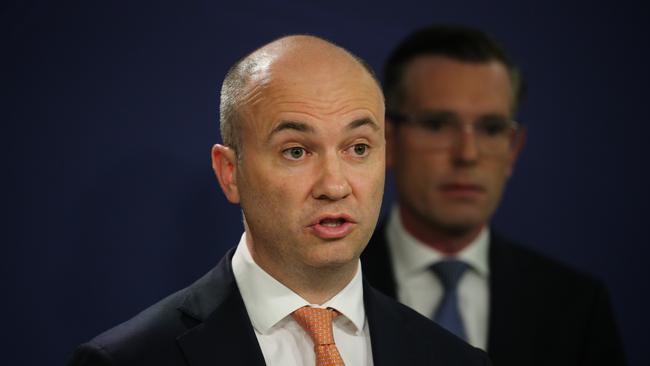Migrant workers needed to get on with business

Some of these workforce challenges pre-date the pandemic. But we are now facing economy-wide shortages, as the pressures of low migration, a booming economy and a failure to tap the full potential of all our citizens converge.
We are entering a worker drought in NSW that is predicted to see a shortfall of 304,000 employees by 2025-26.
The solution will require significant reforms that by their nature will take years to achieve. But more immediate solutions are available right now, and I am concerned not enough is being done to seize the moment.
Migration settings are key to addressing labour shortages, and the figures tell a troubling story.
Compared with pre-pandemic expectations in late 2019, the 2022-23 NSW budget now forecasts NSW net overseas migration to be lower by 338,000 across the period from 2019-20 to 2025-26.
Although international borders are open, arrivals of students and working holidaymakers remain low, suggesting that vacancies may remain elevated for some time.
The impact is greatest on sectors such as hospitality, where the workforce is made up of a large number of short-term holiday visa holders.
I’ve been briefed that there are tens of thousands of skilled workers just waiting to be approved to come to Australia and work.
NSW needs these workers, as do the other states but, while I have heard much talk about a jobs summit, the sound NSW needs to hear is passports being stamped.
The commonwealth doesn’t need to wait for a jobs summit, it doesn’t need to ask the unions for permission, it doesn’t need to wait for an October federal budget; it needs to make the call to start stamping passports today.

It is natural that unions will seek to limit immigrant worker numbers, but the most important voices are those of small business owners who are crying out for staff.
There are practical solutions available. The commonwealth could temporarily increase the number of skilled visa places, with a particular focus on the care workforce (healthcare, disability and aged care, and early childhood education).
The commonwealth could establish a new visa category that targets lower-skilled occupations and allows a wider pool of workers.
The history of NSW is the history of those who’ve come across the seas to share their talents, their ambition and their dreams with our state. Our society and our economy are both stronger for the contribution that generations of immigrants have made. We should never take their contribution for granted.
Global labour markets are tight and governments are rolling out global advertising campaigns and expedited visa processing to attract talent.
The international competition for skilled migrants will only intensify as the ageing populations of developing nations create an economic imperative to sustain shrinking labour forces through immigration.
I understand the new federal government has been finding its feet – it now needs to stand with Australian businesses and the Australian economy.
Matt Kean is NSW Treasurer.






NSW’s economic recovery from the pandemic has been extraordinary. Less than a year after the worst shock to our state’s economy since the Great Depression, the state’s unemployment rate remains at a record low of 3.3 per cent. The one downside: in every meeting I have with large or small business owners, I hear they are struggling to access the talent they need to keep growing their enterprises and our economy.